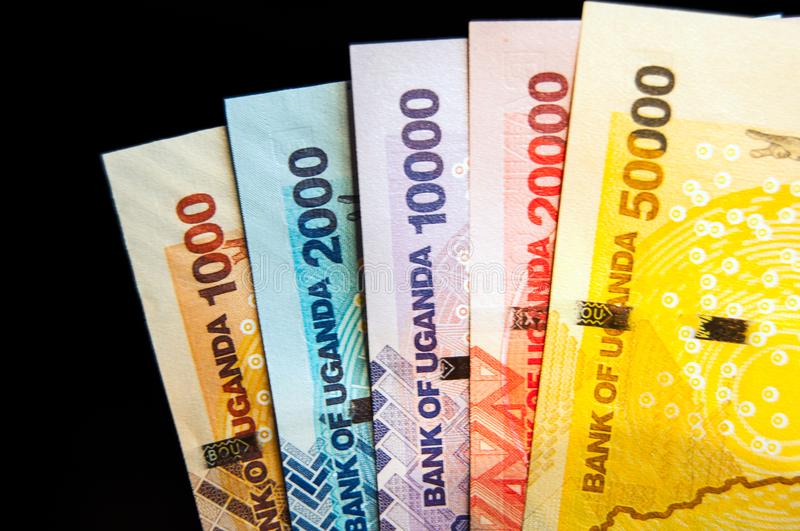The Uganda Shilling continued to appreciate against some major currencies in the region as well as the US Dollar, on Monday, compared to last week.
The Bank of Uganda put the official exchange rate for the dollar at 3,529.39 buying and 3,539.39 selling by the close of the day. This was slightly firmer for the local currency from the opening of the day when the central bank quoted it at 3,530.22 buying and 3,540.22 selling.
A walk around the forex bureaus of Kampala showed that the Dollar had by mid-day dropped further against the Shilling, with some quoting it at 3,538. This also adds to the worry of those that are currently holding Dollars, having to decide whether to release them before a further decline or hold onto the currency until a time when it picks up strength again.
The Uganda Shilling has been strengthening for about a year now, but there was a sharp increase in the rate since January this year. Exactly one year ago, the US Dollar was quoted at 3,749 against the Shilling, a difference of more than 200 Shillings today.
The Bank of Uganda also says there were increased inflows of the Dollar by investors in the energy and telecommunications sector, as well as from offshore investors and donors to civil society. BOU says it only intervenes to “mop up excess liquidity” from the economy either by selling or buying out a currency.
There has also been an increase in the inflow of Dollars though the sustained borrowing, with external borrowing estimated at about 1.9 trillion Shillings between July 2020 and June 2021, according to the Ministry of Finance.
The resultant loss of the US Dollar and other currencies to the Uganda Shilling has affected Ugandan investments abroad, among them, the National Social Security Fund’s (NSSF) investments. According to their latest Transparency Statement, the NSSF says it lost more than 200 billion Shillings in income in the nine months ended February, in the process of currency conversion. NSSF has investments in companies in Uganda, Kenya, Rwanda and Tanzania.
A year ago, the Kenya Shilling exchanged at 35.6 to the local currency and has since lost to steam to trade at 32.9 currently. Kenya’s currency strengthened to a nine-month high against the dollar buoyed by inflows from the International Monetary Fund and foreign investors chasing yields from a tax-free infrastructure bond auctioned last week.
According to Bloomberg, the Kenya Shilling reached its nine-month high against the US Dollar to 106.91 on Monday, with experts expecting further strengthening. This has helped the Kenyan currency remain within a short distance of the Ugandan Shilling, which has also been boosted by the low demand for the dollar. Generally, the Dollar has been flat against most currencies, with very slight variations, especially resulting from external factors.
The declining cases of COVID-19, especially in Asia, which spell recovery of economic activities in those countries have several times destabilised the Dollars efforts of recovery. From the internal factors, the dollar’s weakness has been attributed to the low yield of bonds in the US, as more investors seek to invest in the government treasuries, instead of investing in stocks.
Experts say the U.S. Dollar will therefore need support from yields to turn this weakness around, and the currency is likely to stay weak through June. Other currencies, the British Pound has been in stronger positions against the shilling this year, with the rate going up to 5,075.86 in March, before settling around 4,971.75 currently.





